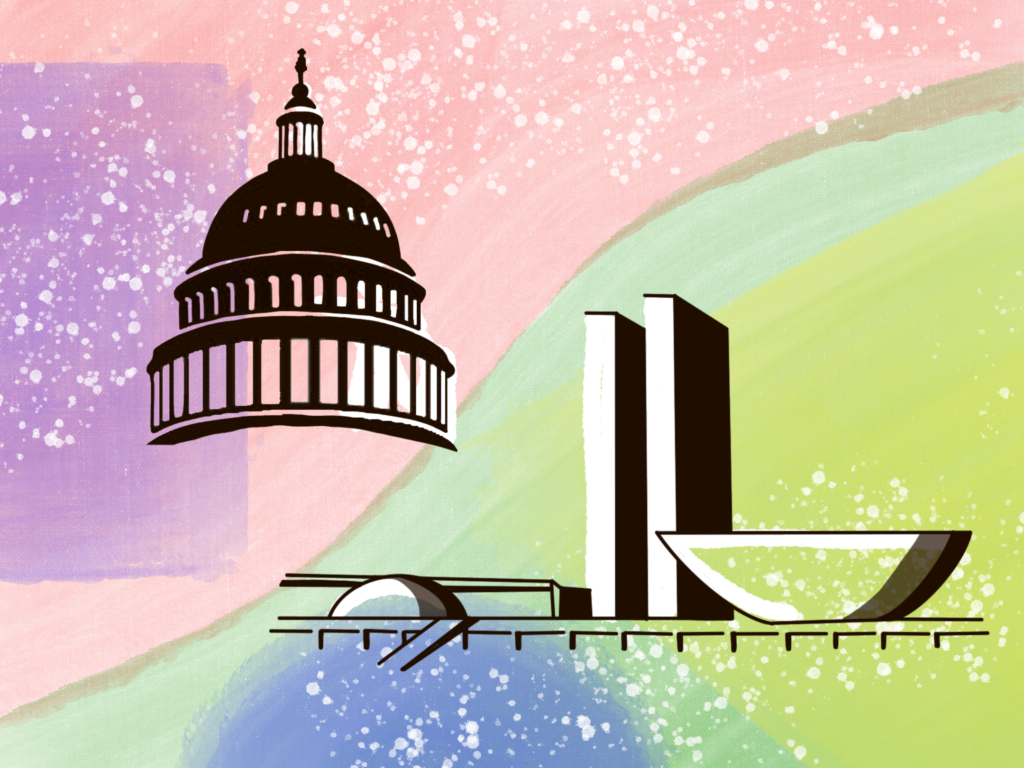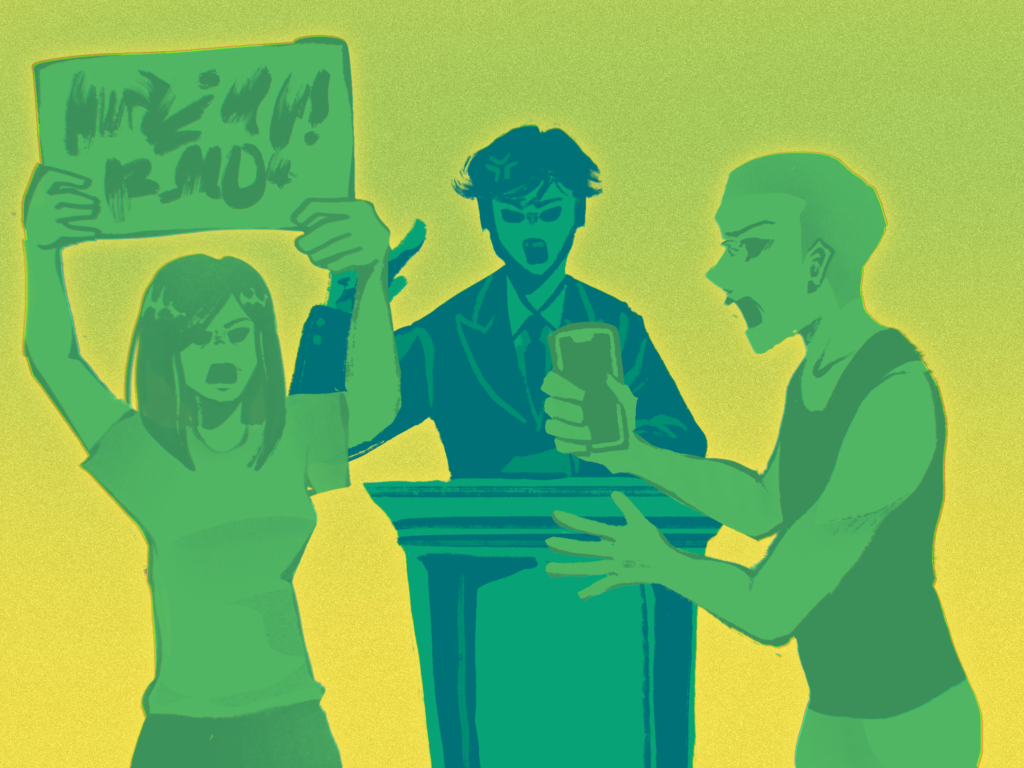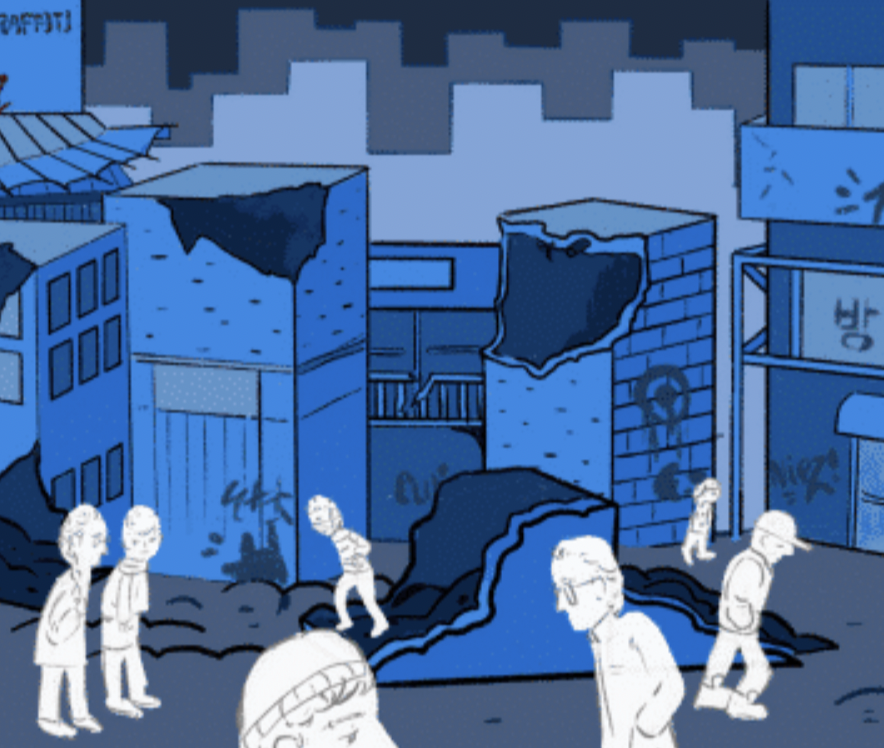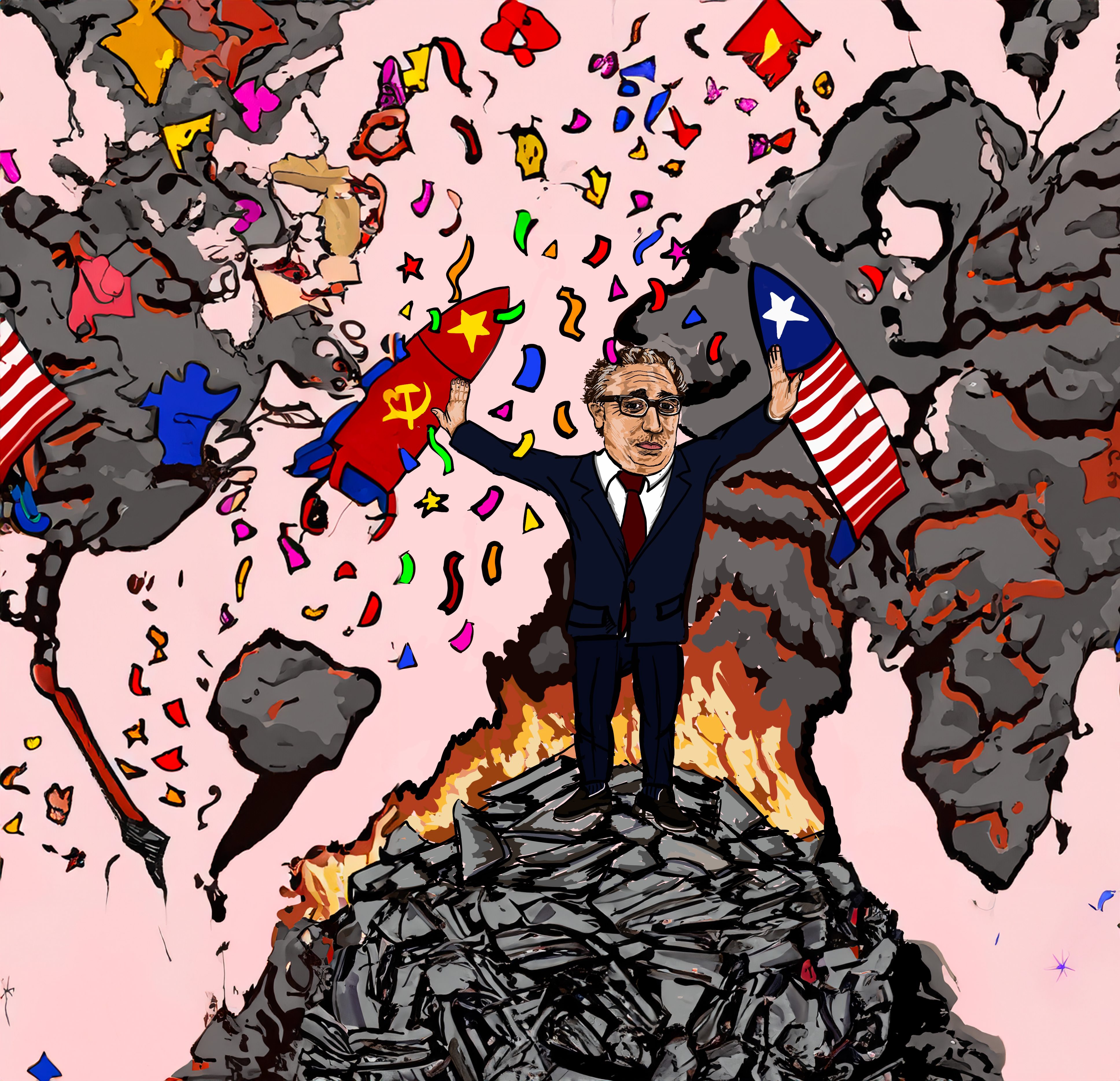
Graphic by Yujin Kim ’23
On Sunday, January 8, thousands of far-right Brazilians, enthused by their leader Jair Bolsonaro, raided the Supreme Court and presidential palace in the capital Brasilia.
To many Americans, this is a familiar scene. The frightening parallels with the insurrection that took place on January 6 in the U.S. Capitol were immediately clear.
Despite its disorganized look, the events in Brasilia — much like in Washington D.C. — were the result of weeks of apparent complicity and brazenness from authorities in conjunction with extensive preparation on social media platforms. Such movements are far from isolated and are a testament to the immeasurable harm that President Donald Trump P’00 and America’s conservative movement have had on global politics.
Bolsonaro, the incumbent candidate in Brazil’s 2022 presidential race, was the catalyst for the riot. His opponent, Lula Da Silva, was once described by Obama as “the most popular politician on earth,” garnering approval ratings of 80% during his tenure as president between 2003 and 2011.
The election was an uphill battle for Bolsonaro from the start. His tough race was only hindered by his controversial track record during his time in office. Fresh in the minds of Brazilian voters was his mishandling of the Covid-19 pandemic, during which he struck down common sense quarantine measures proposed by state governments, resulting in 15 million cases and half a million reported deaths. Furthermore, he was known for a lack of restraint in stating controversial opinions, including once saying he would be “incapable of loving a homosexual son.”
With a clear disadvantage going into the election, Bolsonaro preemptively seeded doubt among his supporters in the country’s fully electronic voting system. As if the parallel couldn’t be clearer, Bolsonaro referenced January 6, 2021, saying Brazil would have “worse problems” if the election did not go his way.
Such statements, paired with close connections to Steve Bannon and the Trump White House, eventually gave Bolsonaro the nickname, “Trump of the Tropics.” This comparison would foreshadow much of his presidency and the events on January 8, 2023.
Down to the smallest detail, it seems as though January 6 in the U.S. and January 8 in Brazil were identical. When considering Bolsonaro and Trump’s many shared beliefs, this assumption is logical. The attacks on Brazil’s capital illustrate a detrimental trend in global politics.
Trump’s normalization of blatantly bigoted remarks as president has brought the far-right to the mainstream. Since Trump’s election in 2016, the far-right’s base has been empowered to take action, often in a violent manner. As a result, from France to Austria to Brazil, movements with a scary resemblance to the fascist parties of the 1940s have gained enough traction to challenge moderate and historically successful candidates.
These movements have made it possible for even the most stable of nations to fall victim to unhinged extremism. This message was especially felt by politicians such as Bolsonaro. These followers were often politically unsatisfied, racially homogenous, anti-government, working-class citizens that deeply believed in their victimhood.
Arguably giving rise to Trump’s presidency, the empowerment of this demographic led to a historic period of American politics that lacked global cooperation and cultural respect. This encouragement of nationalistic ideals struck with far-right movements across the world, showing that once rejected beliefs have become mainstream in the greatest halls of power.
Despite Trump’s presidency lasting only four years, the results of his actions and their ripple effects throughout the world will be felt for generations. The global far-right movement has empowered a new generation of leaders that will enthusiastically continue what Trump started.
Of course, not all of this is Trump’s fault; rather, it is a broader expression of the evolution of American life that has merely been brought forward by certain dogmatic figures.
To move forward, we must make an effort to differentiate the fringes of movement from its true base. And when another democracy falls prey to violence, it’s imperative that we take steps to prevent further polarization and radicalism.




